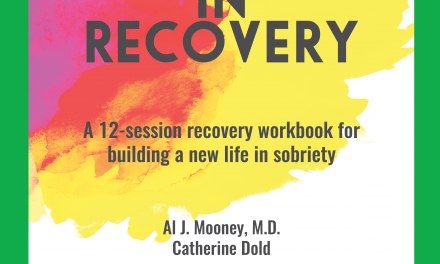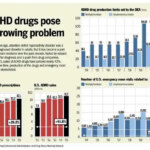Recently I’ve been seeing references in the popular press to an alleged ‘success rate’ for AA or NA. The references are usually critical, and usually from psychiatrists or psychologists with a book or program of their own to promote. That’s their privilege, but the idea of a success rate for a 12 Step fellowship has never made much sense to me.
AA and NA aren’t designed to have a ‘success rate’. Their mission is to reach out a helping hand to those who still suffer. I can’t see a logical endpoint to that effort. Where would we break it off? When suffering has been eliminated?
Good luck with that.
I think it’s important to remember that the Step fellowships grew not in a laboratory or in the collective brain of a team of scientists, but among the grass roots of recovering people. I’m told it took a couple years for AA’s founders to assemble a core membership of even a hundred sober individuals. Most if not all of those had previously been labeled failures in the quest for sobriety. In that respect, AA was a court of last resort. Read the stories in AA’s Big Book to get a sense of exactly who they were.
For most addicts, recovery turns out to be a bumpy road, often requiring multiple attempts. I attended a workshop with one expert who asserted that it takes as many as seven treatment episodes for many addicts to ‘get it’. And even the successful ones could resume use tomorrow. That’s how things work with chronic disorders. Treatment isn’t cure.
Personally, I think we’re lucky to have groups like AA and NA and WFS and SMART and Celebrate Recovery! and those that haven’t been invented yet. They’ve likely done more for many addicts and their families than we professionals have. Seems silly to go around complaining about it.














As long as 12 step methodology dominates our treatment system, the success rate matters. And articles like this are written because it is very low.
I actually do think its important to measure the success rate. If a person is making a decision about joing a support group, going in for professional treatment, making a decision on what kind of professional treatment to seek out – do they use 12 step groups, how heavily do they rely on it, what other options do I have, how do they compare in terms of people finding success in recovery, and overall success with the treatment and program. Its important in this regard. AA makes a large demand on time and there is no end date on it. some people are told to go 90 in 90, many people still go several times a week after 20 years sober. People need to look at the programs, options for treatment and match it to their preferences up front. I didnt do this and regret it now. Studies are showing higher success with people using evidence based treatments, medications, and so why not? do what works best and has the highest probability of keeping you relapse free, healthy, and happy.
If a person does not take the steps they have not completed the suggested course of treatment. If a cancer victim refuses treatment is it the treatment’s fault he dies?
Ditto…
Why is it so easy,for so many, to remain critical and pessimistic? As far as I’m concerned measuring the success of 12-step is like measuring the success of sand: It’s there, there’s a lot of it, it serves its purpose, and it is its purpose, but it’s not everywhere.
What’s most important is that we have a place(s) to go to learn how to live.
Thanks for the sweet reminder of remaining grateful for all of it.
Lisa